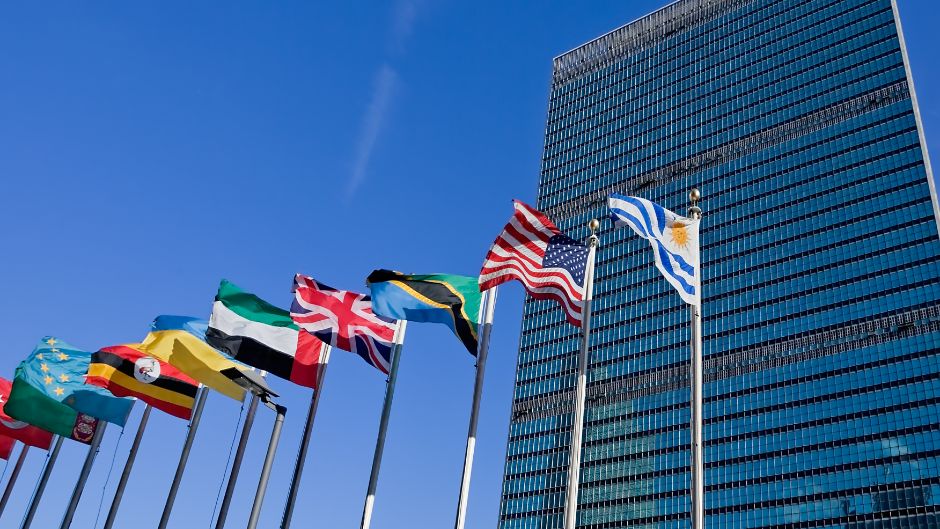This spring, the Miami Law Human Rights Clinic and partners were excited to receive a positive decision from the United Nations Committee on the Elimination of Discrimination Against Women, recognizing the need for gender-sensitive drug treatment that takes account of women's reproductive health and relations with children.
Under the supervision of Acting Director Tamar Ezer, former law students Karina Asvolinsque, Alexa Flora, and Gita Howard, all J.D. '21, had the opportunity to work with partners on a case addressing the criminalization of drug dependence and the lack of evidence-based, gender-sensitive drug treatment in the Russian Federation.
In this case, upon pregnancy, Oksana Shpagina was refused drug treatment, told that her drug dependence would not allow her to give birth to a healthy baby, and pressured to undergo induced labor. After multiple attempts, she was finally admitted to a rehabilitation center, where she was only treated with sedatives, released after nine days in an unstable condition, and received no follow-up care.
Upon giving birth, Shpagina tried again to access treatment but could not find an affordable rehabilitation center that accepts women with children. Despite her difficult economic circumstances, Shpagina did not apply for government aid out of fear of losing custody of her daughter under the Russian Family Code. In 2015, the police broke into Shpagina's home and arrested her for personal drug consumption. Shpagina was subsequently imprisoned and tragically died a few years later.
However, Shpagina had already filed a complaint in a Russian district court, which after appeal, eventually made its way to the CEDAW committee. Shpagina called upon the Russian Federation to make access to treatment possible and prevent the future suffering of pregnant women with drug dependence.
The clinic supported Shpagina's case with a submission documenting the vulnerability of women with drug dependence to discrimination and violence and the need for a gender-sensitive approach to drug policy.
"While all people who use drugs face stigma, women are particularly vilified as unfit mothers and ''fallen'' members of society," Ezer said. "Drug use is seen as incompatible with the expected gender role of a woman as a wife and a mother and thus deserving of violence and control.
"While men make up the majority of people who sell and use drugs, more women are incarcerated for drug use and often suffer disproportionate penalties. This is the case in the Russian Federation, where women have been charged for drug offenses at double the rate of men," Ezer said.
The HRC further collaborated with the HIV Legal Network, Eurasian Harm Reduction Association, and Russian network of women who use drugs, to brief the CEDAW Committee on violations experienced by women who use drugs.
These efforts paid off when the CEDAW Committee issued its groundbreaking decision calling for compensation for Shpagina's daughter, as well as the following systemic measures:
- Updated legislation to ensure pregnant women have access to safe, evidence-based, and gender-sensitive drug dependence treatment.
- Affordable and acceptable drug dependence treatment for all women, including pregnant women and women with children.
- Clinical protocols for gender-sensitive drug dependence treatment and training for medical personnel.
The former HRC students were thrilled to have contributed to global standard-setting at the critical intersection of drug policy and women's rights.
"Working with my classmates under the guidance of Professor Ezer on the Drug Policy and Fundamental Human Rights of Women Who Use Drugs report has been a major highlight of my career thus far," Howard said. "It is inspiring to see the clinic's work have a long-lasting impact in recognizing and uplifting the voices of the most vulnerable and stigmatized populations."
While Shpagina, unfortunately, did not live to see this victory, her advocacy has created a new standard and paved a path for women globally for more effective and compassionate drug treatment," Ezer said.
"I feel thrilled and honored to have been a part of this process and to think we collaborated to make the lives of people better around the world!" said Asvolinsque.
Read more about the Human Rights Clinic at Miami Law.

